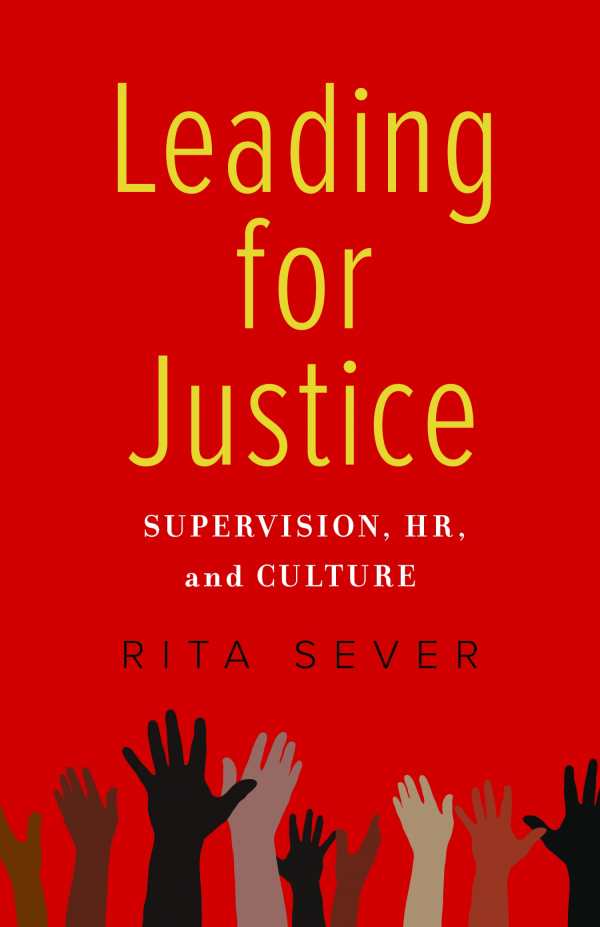Leading for Justice
Supervision, HR, and Culture
Leading for Justice is a timely business guide for leaders looking to develop awareness around equity issues, both in themselves and in their organizations.
Rita Sever’s inspirational business book Leading for Justice is designed to help leaders learn about and heal racial divisions in contemporary America.
The roles and responsibilities of managers in justice-focused organizations are addressed first; broader issues at play in their organizations, including those around race and identity, are covered next. Topics such as “sauce of supervision,” or the proper tone of voice, are covered; Sever advises her audience “to monitor your own—not to judge others.” Mission and vision statements are also discussed; these, Sever calls “the be-all and end-all of everything” an organization does, from writing grants to serving the clients and supervising staff.
The book’s tips for supervisors include staying connected and establishing clear benchmarks and reporting methods. From its perspective, each person in an organization must be able to draw a direct line from what they do each day to why it matters for the organization. In service of this, Sever suggests means of maintaining such focus, as well as impediments to it, given common workplace difficulties. She covers hiring in a way that embraces diversity and leading in a racially aware fashion. Her information on inherent biases is of particular relevance. And the book’s later chapters move beyond day-to-day concerns to tackle potential problems, including of excessive supervision over individuals and ways of avoiding conflict.
Each chapter is composed of a series of brief, conversational workplace vignettes. Their punchy, frank style is inviting, though Sever is also a brutally honest guide, asserting, for example, that leaders need to “own their shit” when it comes to privilege and power. But the topics and styles shift as the book progresses. Some chapters include helpful lists of to-dos for the audience, while others center personal anecdotes—some of which, including one on therapy, are uneven fits with the surrounding material. In the end, however, the book balances its big-picture ideas with its more practical advice well.
Sever’s book is effective at gathering common sense wisdom together. Her book’s useful advice on topics like orienting staff members and dealing with the tough emotions of learning to lead contribute to the sense that this is an inspiring work that will enable leaders to develop their personal strengths, to see others with clarity, and to be truly seen by others in return.
Leading for Justice is a timely business guide for leaders looking to develop awareness around equity issues, both in themselves and in their organizations.
Reviewed by
Jeremiah Rood
Disclosure: This article is not an endorsement, but a review. The publisher of this book provided free copies of the book and paid a small fee to have their book reviewed by a professional reviewer. Foreword Reviews and Clarion Reviews make no guarantee that the publisher will receive a positive review. Foreword Magazine, Inc. is disclosing this in accordance with the Federal Trade Commission’s 16 CFR, Part 255.

